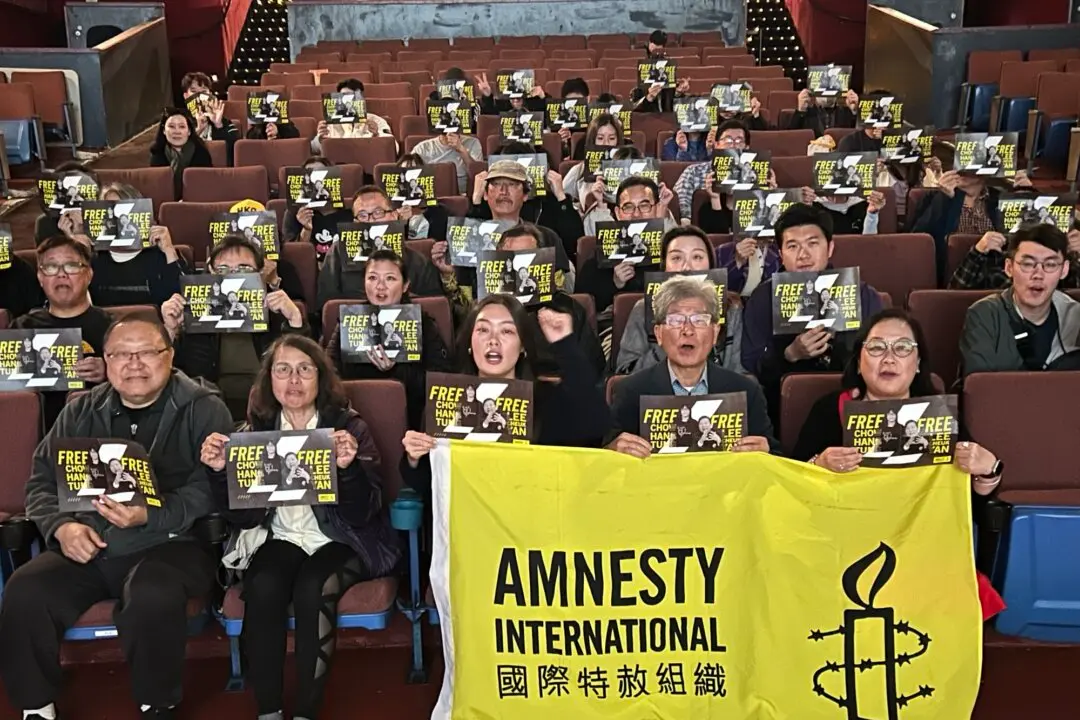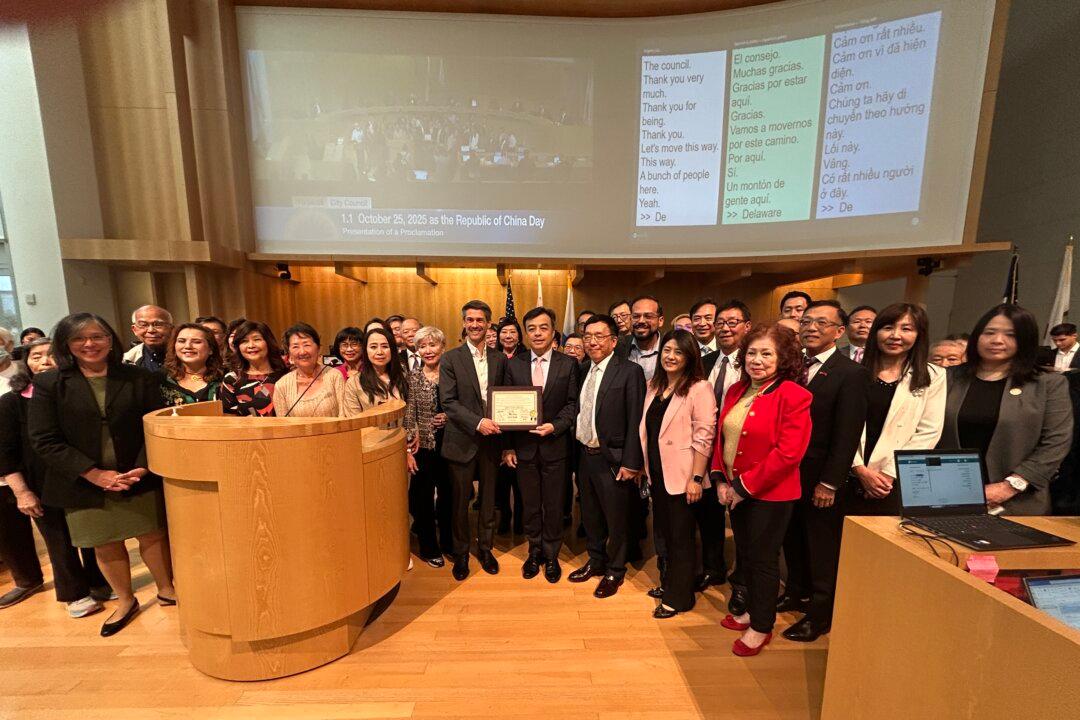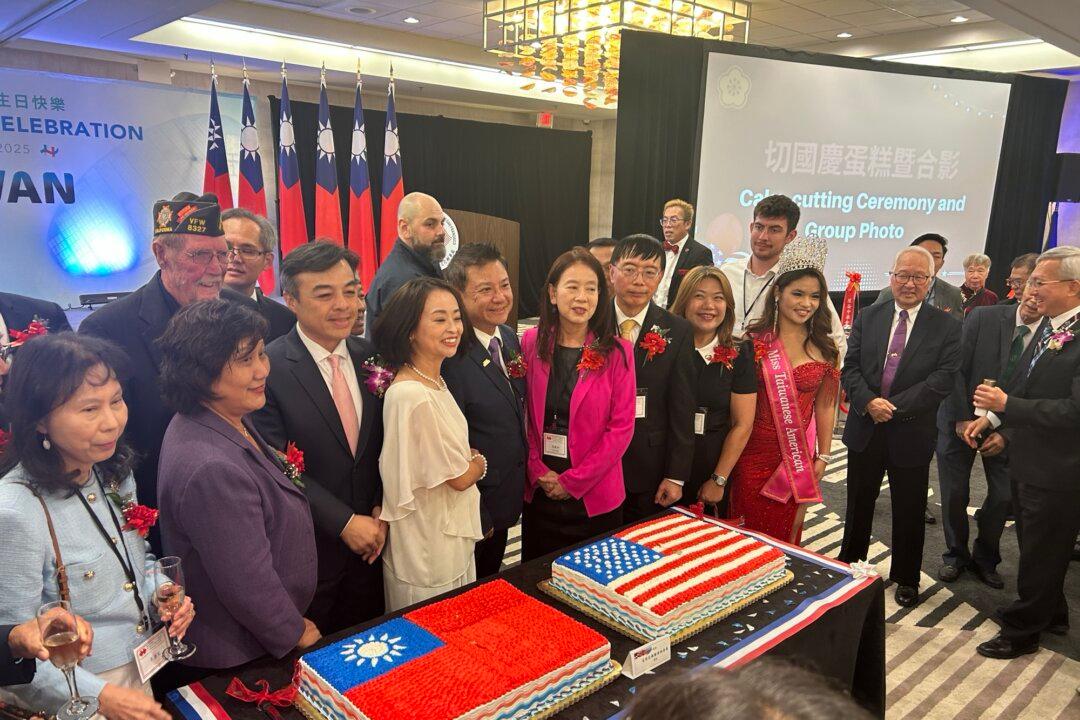The Santa Clara County Probation Department held its annual Second Chance Adult Probation Employment and Resource Fair on April 30, attracting dozens of community organizations and service providers who want to assist formerly incarcerated individuals in rebuilding their lives.
Held at the Adult Probation Department’s courtyard on North First Street in San Jose, California, the event marked Second Chance Month, a nationwide initiative aimed at removing barriers to successful reentry for former prisoners.





